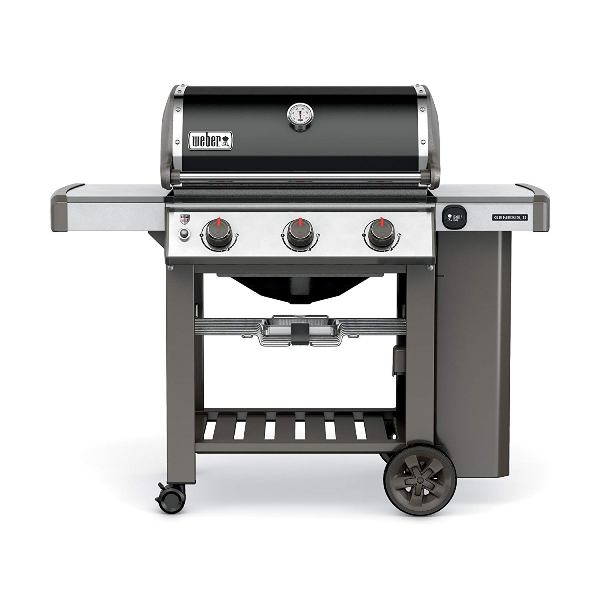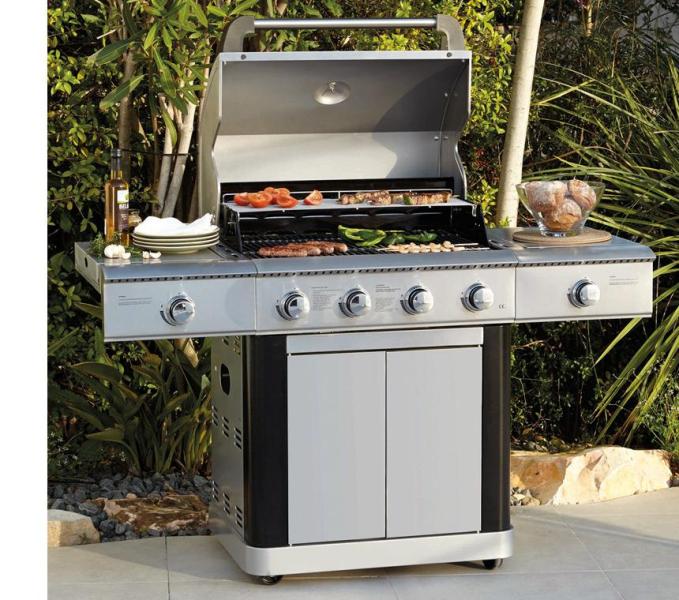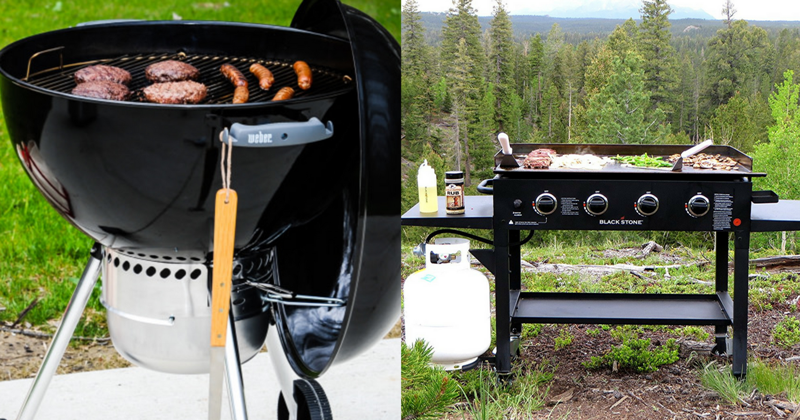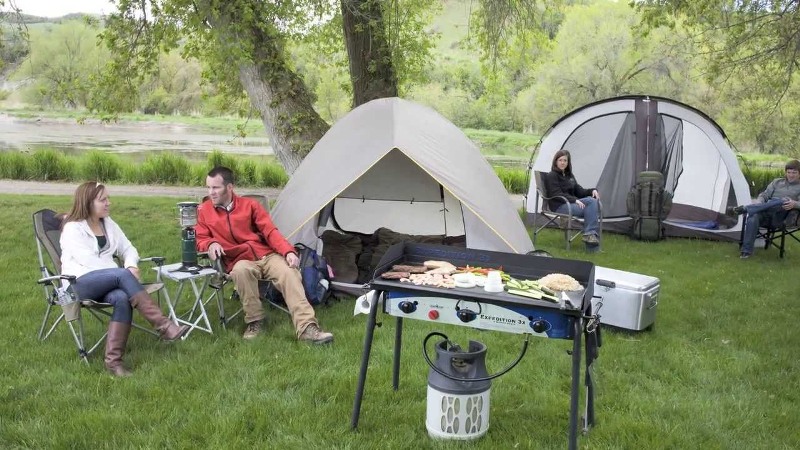You’re planning your next camping trip and putting together check lists of the specialist camping equipment you’ll need is all you can think of right now. Everything else takes second priority with you, right?
Having an open fire or flame and grilling your meals, especially meat but certainly not the only dish to grill, is what goes hand in hand with camping. 95% of the time an open flame will prepare your lunches and especially camping dinners. Camping grills come in charcoal variants, so you’re covered right there.
But what happens when fire wood is not readily available where you’re going, or perhaps your packing space is limited and taking enough fire wood for your entire camping trip is simply just not possible?
Well, luckily for you, grills come in LPG gas variants as well!
So let’s dive in and find out what your options are, shall we?
Things to consider when buying your camping grill
-
Charcoal vs. Gas Grill
As explained above, you have two options when buying a grill: charcoal and gas-fuelled camping grills. Both have their own lists of pros and cons, and to be honest, in most cases it’s a matter of preference. For the purposes of this article, we’ll go through each option so you can have enough information to make an informed decision.
a.Charcoal

Charcoal grills give meat and other foods that authentic barbeque flavour when preparing. Additionally, there is nothing fancy about this grill and it is therefore relatively easy to use.
The grill does however require the griller to be hands-on at all times, frequently adding charcoal to maintain the desired cooking temperature.
Pro’s:
- Capable of incredible heat.
- Delivers a barbeque taste and smell to food prepared on it.
- Much cheaper than the gas variants of grills.
- Easy to carry and transport
Cons:
- Can be difficult to clean.
- Charcoal takes longer to reach the desired heating temperature.
- Inexperienced grillers may find it harder to control the heating of the grill.
- Produces ash and is generally a “dirtier” option of preparing meals.
b.Gas

Handling a gas grill is relatively simple and doesn’t involve to much hands-on activity from the griller. Gas grills however do carry a heftier price tag when compared to conventional charcoal grills.
If your goal is to get over and done with the grilling as fast and efficiently as possible and you’re not too concerned with adding smokey barbeque flavors to your meat or vegetables, a gas grill might be your best option to consider.
Pro’s:
- Good temperature control.
- Way easier to clean than a conventional charcoal grill.
- Faster cooking time as heat is instantly available.
Cons:
- Doesn’t generate much heat compared to charcoal grills.
- Pricier compared to charcoal grills.
- Dangerous as flames are generated from hazardous fuels.
- Gas grills are incapable of generating special flavors to foods prepared.
-
Grill Sizes

When deciding on the size grill you need, keep in mind the number of people you will need to prepare food for in one instance. A larger group of people obviously requires a larger grill and visa versa.
-
Consider the purpose for the grill
What do you intend to use the grill for? Some campers like to go all out and prepare the most wonderful dishes using a grill when camping. Others only want an open flame to grill a few marshmallows or other bite-sized meals.
-
Frequency of usage

How often you intend to use the grill greatly influences the type and quality of grill you need to invest in. If you intend to grill every other weekend, then investing the little bit extra into a much more durable and sophisticated grill is something that can be considered.
-
Portability
This goes hand in hand with the frequency of usage of your grill: The more often you intend to use it, and the various locations you plan on taking it to, will determine the level of portability you need to consider when planning to buy your camping grill. Larger ones are much more difficult to take with you everywhere you go for instance.
-
Consider the cost

What is in your budget for a camping grill? Do you need something sophisticated, or is a bare-minimum grill for the occasional usage adequate? Both elements directly influence the price tag on the grill you’re considering.






